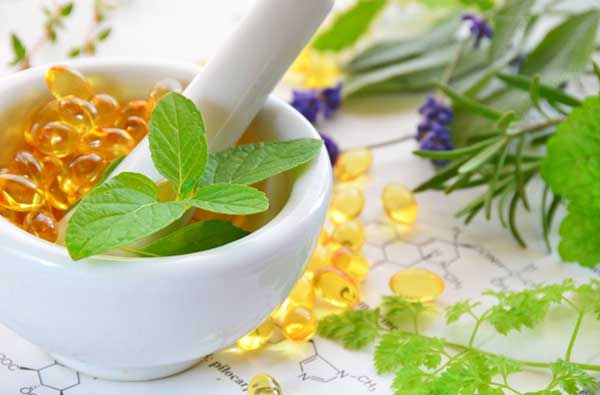
Monday – Friday: 10am – 7pm
Saturday: 10am – 6pm
Sunday: 1pm – 6pm

This article originally appeared on TasteForLife.com.
Are Supplements Regulated?
You’ll often hear that the dietary supplements industry is “unregulated” in the US. This is definitely not true.
FDA Supplement Regulations
All producers of dietary supplements are required to follow the Food and Drug Administration’s Current Good Manufacturing Practices (CGMPs) for dietary supplements and are subject to unannounced inspections.
These CGMPs include rigorous quality control testing and procedures to ensure that everything sold is safe and accurately identified. Unfortunately, adulteration (illegally) still exists.
Adulterated Supplements
Adulteration is the intentional or unintentional inclusion of ingredients that are not expected nor identified on the label.
How are Supplements Adulterated?
This typically occurs on the raw materials level: a wildcrafter intentionally or accidentally harvests a more abundant plant to supplement or replace the desired, less-abundant plant; an unethical supplier (often in China) replaces or cuts a product with a cheaper alternative to make a profit.
Examples of Supplement Adulteration
Examples range from relatively harmless (sawdust and prickly pear cactus in “hoodia” supplements, and maltodextrin cut with maca) to dangerous (libido supplements laced with pharmaceutical drugs; liver-toxic kava leaves in place of the roots).
Other examples of liver-toxic adulterants include germander in place of skullcap, and Chinese cohosh species intermixed with our native black cohosh roots.
Why Are Supplements Adulterated?
While some adulteration is accidental, most is intentional. It usually occurs when a substance is popular but rare, expensive, or difficult to grow.
Ginseng, essential oils (especially expensive ones like rose), bilberry, weight-loss products, libido products, and sports/athletic products are among those often adulterated with potentially dangerous ingredients.
In China, it’s not uncommon to place metal among the material or to dip a mushroom in lead filaments to make it weigh more.
How to Avoid Adulterated Supplements
Shop at high-quality stores such as natural food stores, co-ops, and herbalist-run herb shops, or purchase your herbs directly from your natural healthcare practitioner. These locations typically vet the products they sell, focusing on those that are higher quality, not whatever is cheapest.
What to Look for in a Quality Supplement Brand
What to Avoid in a Supplement Brand
Research Before You Buy!
Do your research. Visit the American Botanical Council and check out its Botanical Adulterants Prevention Program for regular updates and information on problem areas.
Also check the FDA’s dietary supplement consumer updates.
Selected Sources:
“Botanical adulterants prevention program,” American Botanical Council, HerbalGram.org
Botanical Safety Handbook, 2nd edition ($124.98, CRC Press, 2013)
“Consumer updates,” U.S. Food & Drug Administration, www.FDA.gov, 2/11/19